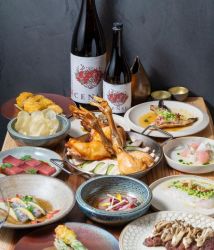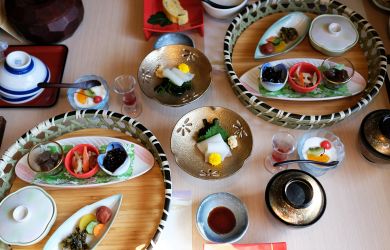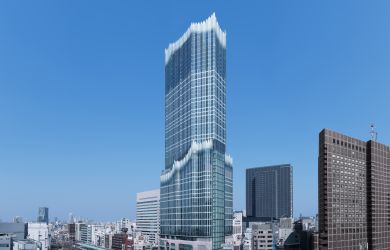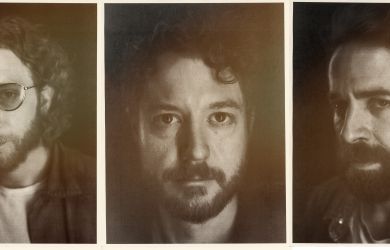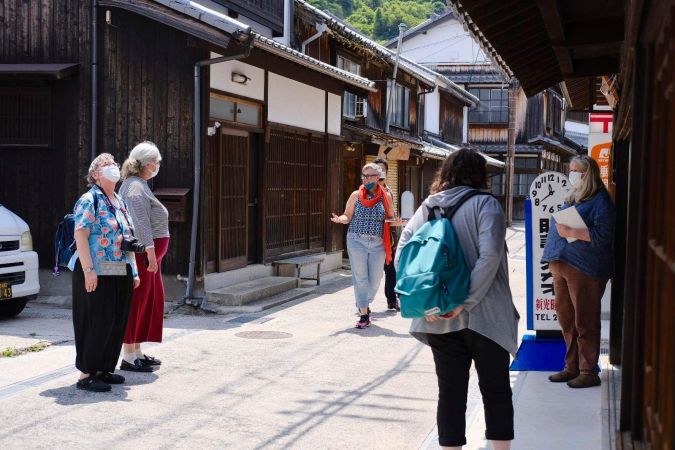
July 19, 2022
Based in Japan: Joy Jarman-Walsh on Sustainable Happiness
“Good people doing great things!”
A bubble of positivity, Joy Jarman-Walsh has been enjoying her way through almost 30 years of life in Japan. A former university lecturer in the fields of communication, tourism, business and sustainability, Jarman-Walsh took a chance leaving her safe university position to form Inbound Ambassador, her own consulting business, as well as beginning to host a regular online talkshow, Seek Sustainable Japan.
Based in Hiroshima, Jarman-Walsh has reached out and influenced hundreds of people and businesses through her infectious eagerness to promote sustainable living. Catching up with Metropolis, Jarman-Walsh chats about her life in Japan, the value of sustainability and how to find the positive in any situation.
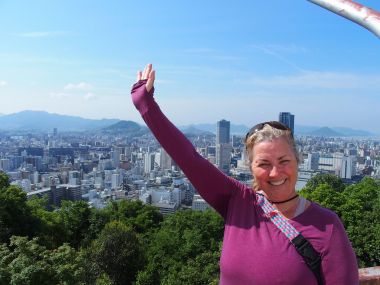
Metropolis: Your first experience with Japan was in 1991 on the JET program as an English teacher?
Jarman-Walsh: Yes, the JET program is something that I have in common with so many other long-term Japan residents. When I came, it was just meant to be a gap year in between my undergrad and grad psychology studies, just a year to explore and learn about Japan. Ha! Typical of many JETs, that year turned into three years. I then left with my partner for a couple of years to travel before returning for what became a long investment in life and work in Japan.
M: Three years in Japan is plenty of time for many, though, so what prompted your return?
JW: My partner and I were basically looking for a short-term place to recharge after two years of traveling around Asia and Europe. Japan was obviously familiar and offered good opportunities for us and we ended up choosing Hiroshima as we both really loved it when we had visited earlier.
M: Hiroshima is a great place, for sure.
JW: Oh, it is. We love it. It’s become home — our kids were born and raised here and we’ve settled in a renovated Japanese farmhouse in a great neighborhood. It would be hard to create the plus side of our balance sheet anywhere else. Since I work a lot on sustainability in travel and tourism, I feel like the longer I’m here, the better I get at making meaningful connections.
M: It seems to have worked because for the next 21 years you taught at university level. That’s a serious amount of time.
JW: It is but, you know, I loved teaching. It was as simple as that. My students always inspired me to find new ways to help clarify difficult concepts in ways they could relate to. I really enjoyed that. I also loved the research aspects, international travel, and academic collaboration but when I hit the big 5-0 I was ready for new challenges.
M: Earlier, you mentioned ‘meaningful connections.’ Communicating is obviously important to you so how did that motivate you into starting your own business?
JW: Every good business stems from seeing a need and I felt that many businesses and people in Japan were disengaged with issues of sustainability — we need more people working to make sustainable actions relatable. Being passionate about both sustainability and communication, I challenged myself to find ways to connect the big issues with people on a personal level — not in terms of rules and regulations but because they find value in making sustainable choices.
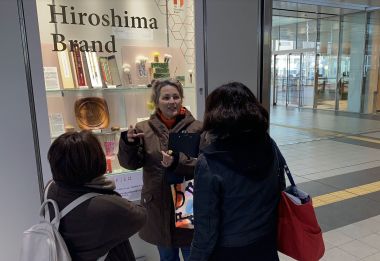
M: What can you say about the sustainability movement in Japan?
JW: Oh boy! There has been a serious lack of urgency in Japan in shifting to more sustainable solutions, but despite that, things are moving and I have a good feeling that in the next three years we will see some big changes. Sure, the 2030 ban on gas cars and decarbonization goals are big international promises by the government, but I think we will see more immediate changes in the business sector and at the local level.
M: You feel that sustainability will be more grassroots-driven?
JW: Yes, something like that. International companies are pressured to become more sustainable as the domestic market is drastically shrinking and international consumers have much higher demands for more ethical and sustainable products. I’m excited to see which businesses will take the lead and to start seeing sustainable traction in the marketplace. Things are moving and it’s exciting.
M: Do you have any advice for people looking to increase their sustainable footprint here?
JW: Yes! Take personal responsibility for day-to-day choices. We all know the solutions so treat them like an investment. They really do pay off in the long term. Divest from banks and businesses funding coal projects, and support local organic farmers. If you can, choose EVs (electric cars) and install solar panels. On an even smaller level, choose to never use plastic straws or buy PET plastic drink bottles. Try eating less meat and fish or go vegan for at least one day a week. Things like that work great and importantly, are meaningful to you.
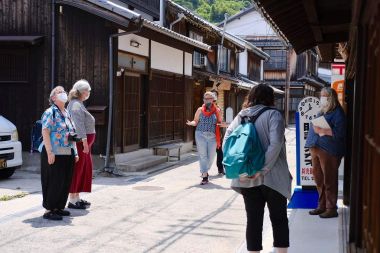
M: With that in mind, what would you say to someone looking to set up shop in Japan, be it work, lifestyle or business?
JW: Japan is forever fascinating. There are countless things to learn but it takes effort to remain curious. So my biggest piece of advice is to do your best to meet people, especially those related to your passions. It’s a motivation powerup! If you do this, you’ll learn things, you’ll keep up your enthusiasm much more easily, and you’ll never be bored. My talk show slogan is, “good people doing great things” which sums it all up. Just get in touch, that’s how good things start — and continue!




